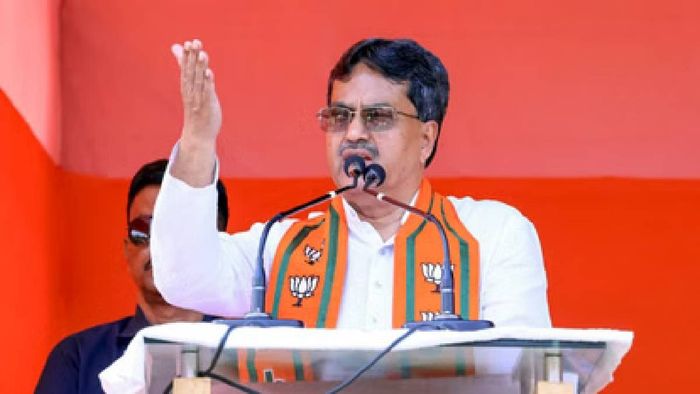Eklavya schools to empower Tripura’s tribal students with quality education: CM Manik Saha
Tripura Chief Minister Manik Saha on Thursday, October 9 reaffirmed his government’s commitment to ensuring quality education and socio-economic upliftment of tribal communities through the Eklavya Model Residential Schools (EMRS) initiative.

- Oct 09, 2025,
- Updated Oct 09, 2025, 5:18 PM IST
Tripura Chief Minister Manik Saha on Thursday, October 9 reaffirmed his government’s commitment to ensuring quality education and socio-economic upliftment of tribal communities through the Eklavya Model Residential Schools (EMRS) initiative.
Speaking at the inauguration of a newly constructed EMRS at Jampujala in Sepahijala district, Saha emphasized that the schools will not only provide holistic education but also help preserve the unique tribal culture, traditions, and languages of the state.
“Eklavya Model Residential Schools were first conceptualized in 1997–98, but the mission gained significant momentum after Narendra Modi became the Prime Minister. These institutions aim to bring equality in education for vulnerable tribal students,” the Chief Minister stated.
Out of the 21 EMRSs sanctioned for Tripura by the Union Ministry of Tribal Affairs, 12 have already been made functional, providing free residential education to around 5,000 tribal students. The newly inaugurated Jampujala EMRS has the capacity to accommodate 480 students, and has commenced its first academic session with 60 students.
Dr. Saha further announced that once all sanctioned EMRSs become operational, over 10,000 tribal students from classes 6 to 12 will benefit from free, quality education and residential facilities. “This initiative will surely bring a positive transformation in the tribal areas of Tripura,” he added.
Highlighting the state government’s ongoing efforts to strengthen tribal welfare, the Chief Minister said that 29 new hostels have been constructed across rural regions to facilitate uninterrupted education for tribal students. Currently, around 34,000 tribal students reside in 407 government-run hostels, with steps being taken to appoint wardens for effective administration.
Reiterating his government’s commitment to inclusive development, Dr. Saha noted that education remains the most powerful tool to improve the socio-economic conditions of tribal communities. The newly built EMRS at Jampujala was constructed at a cost of ₹29 crore, underscoring the government’s dedication to uplifting “the last-mile” population.